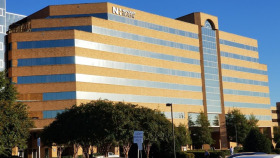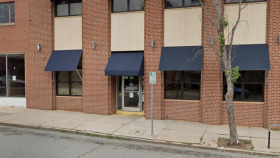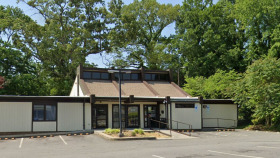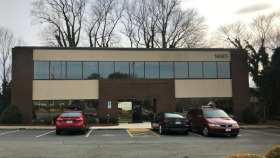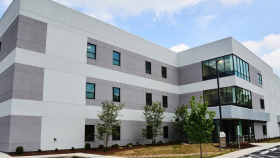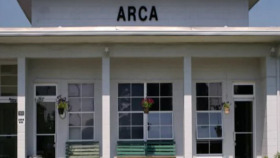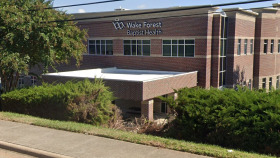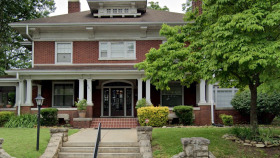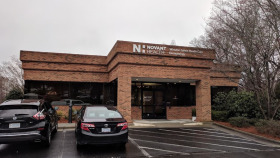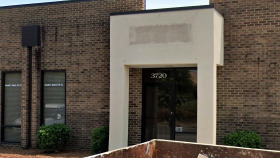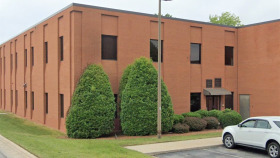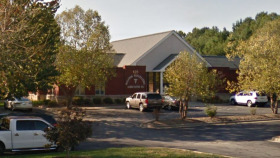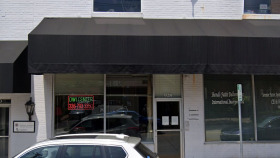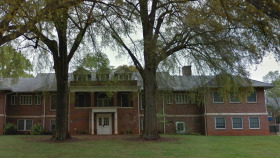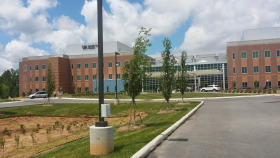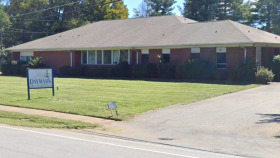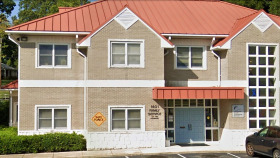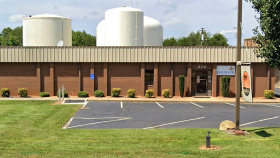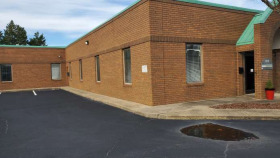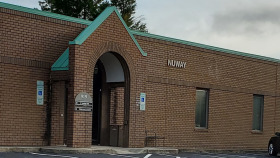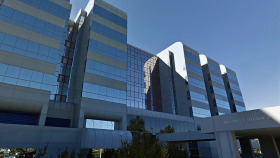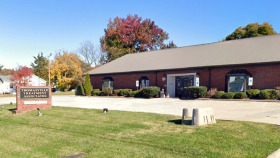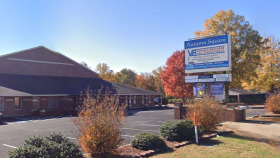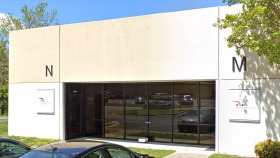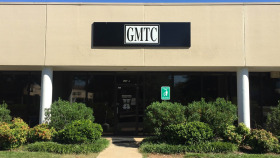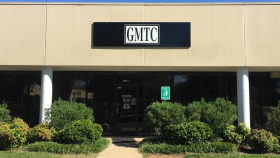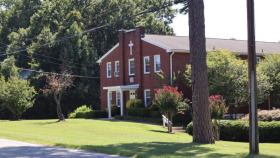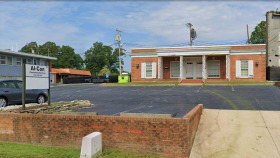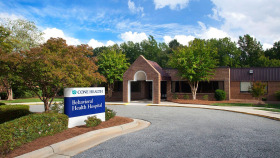Expert Insights
We all know the Covid pandemic had a negative impact on society, but as more and more data comes in – specifically data that relates to the lockdowns – it is undeniable that drug addiction took hold of far more people than we anticipated.
I can remember reading a news article in 2020 about Cheryl Wilson, a Winston-Salem mother whose son died from a fentanyl overdose during the lockdowns. I can also remember thinking that the isolation would be as hard for his mother as it was for him. The CDC now believes, in the first 12 months of the lockdowns, more than 100,000 Americans died from drug overdoses. Now that we know the number of deaths, I can’t help but to think that the isolation forced upon us during lockdowns is a main culprit for the rise of addiction and fatal overdoses.
One of the main reasons we start using drugs is because we’re running from something – we want to avoid emotions that cause us pain or discomfort. During active addiction, being forced to remain stationary and alone for extended periods of time can be a recipe for disaster.
~ Nikki Seay
How Expensive is Drug Rehab in Winston-Salem?
Most rehabilitation programs in Winston-Salem are publicly funded or accept Medicaid. These programs are also accessible to people with private, commercial insurance or who wish to self-pay. Other factors that can impact the cost include the specific insurance plan and deductible if using private insurance.
Whether a program is in-network or out-of-network with your insurance company will also impact the cost. Additional funding sources that can be considered when paying for care include Medicare and Federal Military Insurance (such as Tricare).
The cost will also vary depending on the type of program. Medical detox and residential/inpatient treatment are usually the most expensive because of the intensity of services they provide. Programs that don’t require an overnight stay, such as partial hospitalization, intensive outpatient, and general outpatient, cost less as the intensity of service decreases.
Many rehab programs are willing to work with people who need help paying for services. Some offer payment plans, and others offer financial assistance based on income and other factors.
Resources
- Substance Abuse and Mental Health Services Administration. (2020). Behavioral Health Barometer: North Carolina, Volume 6: Indicators as measured through the 2019 National Survey on Drug Use and Health and the National Survey of Substance Abuse Treatment Services. HHS Publication No. SMA–20–Baro–19–R10.
- State of North Carolina Department of Health and Human Services Division of Public health Injury and Violence Prevention Branch. (n.d.). Opioid and Substance Use Action Plan Data Dashboard.
- Forsyth County. (n.d.) FROST (Forsyth Regional Opioid and Substance Use Team).
- North Carolina Department of Health and Human Services, Division of Health Benefits. (2012, July 1). DMA Rate Setting: Medicaid Coverage: Level III and IV Residential Rates.


